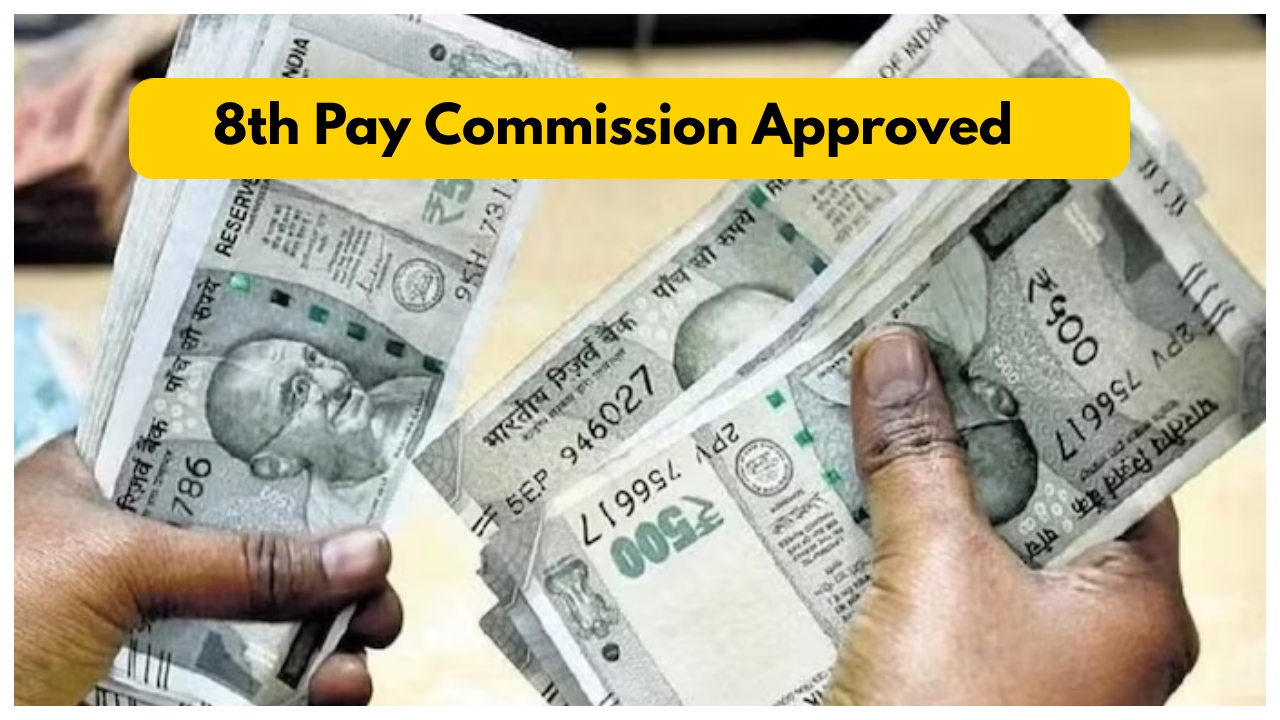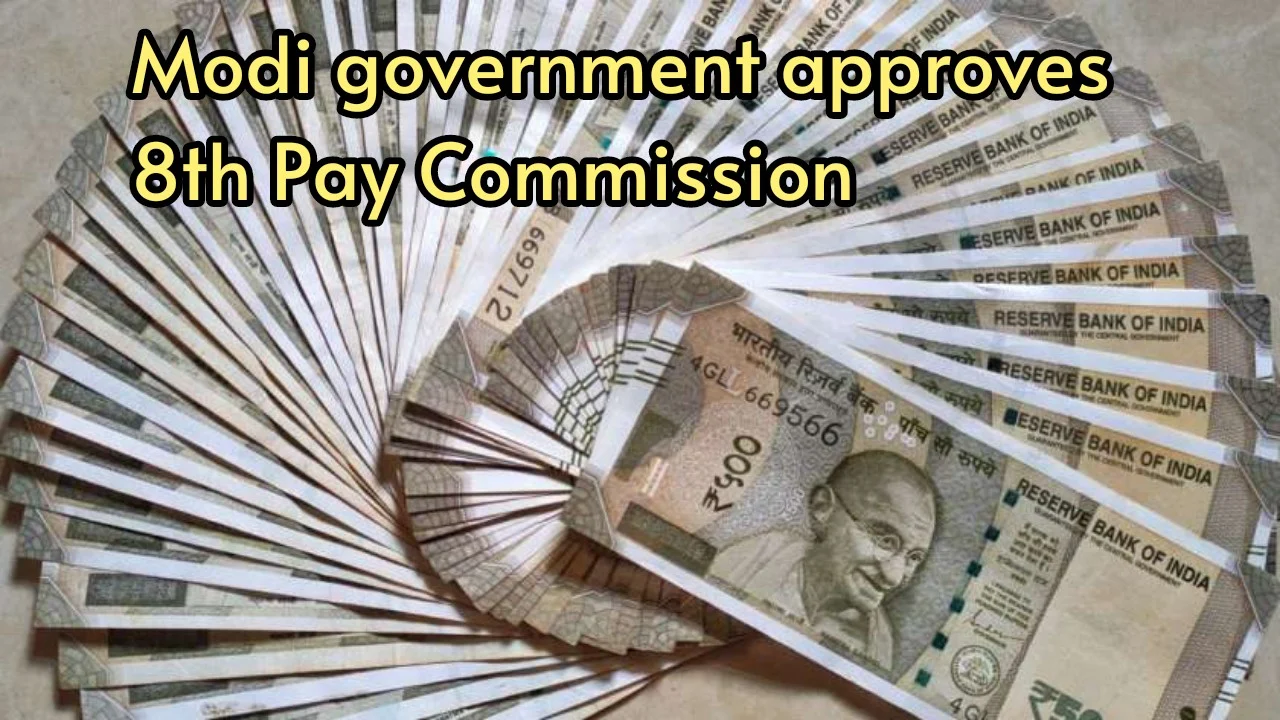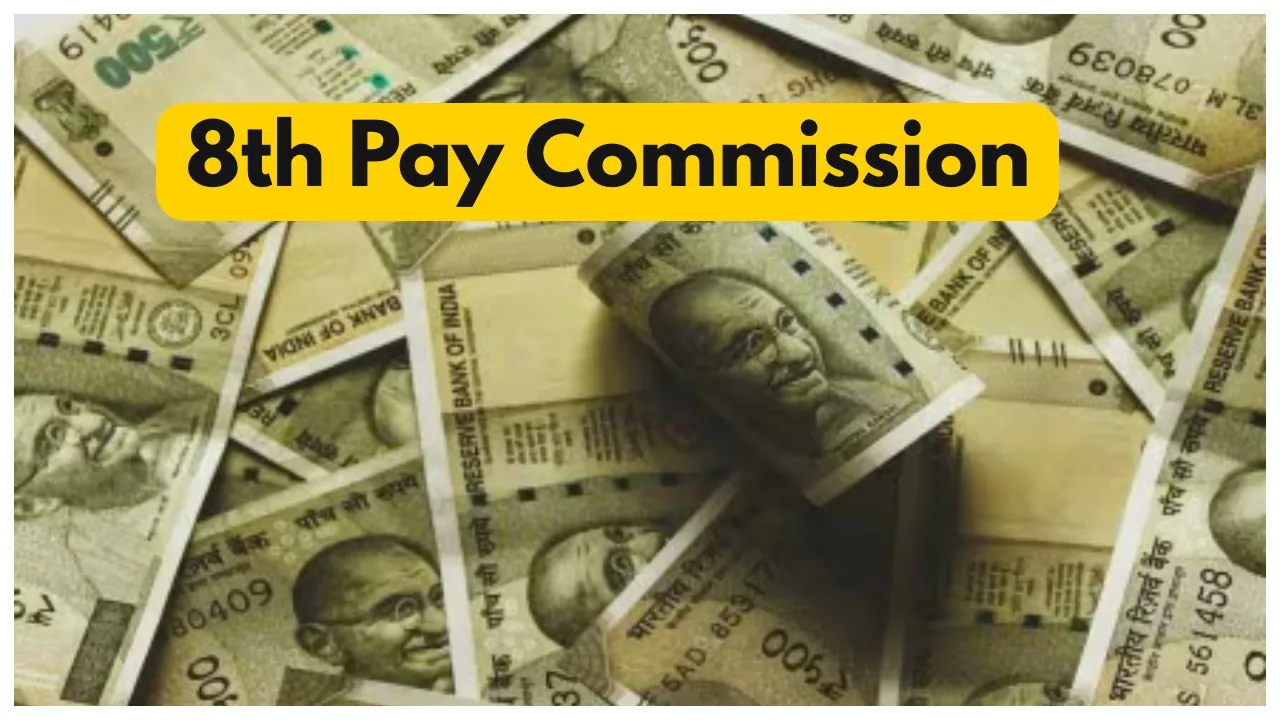The Indian government has sanctioned the 8th Pay Commission, which will bring hope and expectation to millions of central government employees. This high-powered committee will review every salary, allowance, pension, and other benefits minutely and suggest changes to bring in fair and just compensation for those who serve the nation.
Understanding the Pay Commission A Deep Dive
A Pay Commission is essentially a high-level committee set up by the Central Government of India. The primary function of such a committee is to review the remuneration and benefits provided to central government employees. This includes an analysis of existing salary structures, allowances, and pension schemes to determine their adequacy and fairness in the current economic landscape.
The Pay Commission carefully analyzes each and every factor, be it the price index, inflation, employee contributions, or the prevalent economic conditions of the time. It then offers recommendations for raising the compensation package, including raises in salary, changes in allowance (house rent allowance, traveling allowance, medical allowance), and pension schemes, among others.

Past Commissions A Glimpse into History
The history of Pay Commissions in India goes back to 1946. After that, various Pay Commissions have been set up one after another. Every Pay Commission played a significant role in deciding the pay structure of the government employees. The most recent one was the 7th Pay Commission, which was formed in 2014, and its report was implemented in 2016.
The 8th Pay Commission A Change Agent
The approval of the 8th Pay Commission will be a very important step to ensure that the government employees get remunerations fair and competitive in comparison. This will acknowledge the important contributions these individuals make towards the development of the nation and better their quality of life.
The recommendations made by the commission are likely to address some key concerns such as: Salary Increases: The emphasis will be on suggesting suitable salary increases that reflect the current cost of living and inflation rates. Revised Allowances: The commission will study and suggest changes in various allowances to ensure they are appropriate and relevant in the current scenario.

Pension Reforms
The commission will study and suggest reforms to the pension scheme so that the pension system may be made sustainable and retirement benefits can be given to the employees on a sound basis. Employee Welfare: The commission will also study other employee welfare measures like medical facilities, housing, and others.
Who is going to be benefited by Pay Commission
The 8th Pay Commission will directly benefit a large number of central government employees including the following: Civil Servants: Officers and staff working in different departments of the government, ministries, and organizations. Armed Forces Personnel: Officers and personnel in the Indian Army, Navy, and Air Force.Teachers: Teachers working in central government schools and institutions.
The Future Road Expectations and Challenges
The formation of the 8th Pay Commission has created much hype and eagerness among the government employees. But it will be a cumbersome and time-consuming process to implement the recommendations by the commission.The government has to consider the financial implications of the commission’s recommendations with fiscal prudence and fairness and equity for the employees. The 8th Pay Commission represents a crucial opportunity to address the long-standing concerns of government employees and to ensure that they are adequately compensated for their dedicated service to the nation.
Disclaimer: This article provides general information and should not be considered financial or legal advice.
Read More :-
Park Top Class Maruti Swift In Your Courtyard By Paying Rs 1 Lakh, Without Paying Any EMI
The Honda Activa 7G 2025 A Smooth Ride into the Future
Top 5 Heist Movies And Shows Which Blow Your Mind
Royal Enfield Classic A Timeless Legend Now More Affordable
Dailynews24 App :
Read the latest News of Country, Education, Entertainment, Business Updates, Religion, Cricket, Horoscope Here. Read Daily Breaking News in English and Short Video News Covers.






















